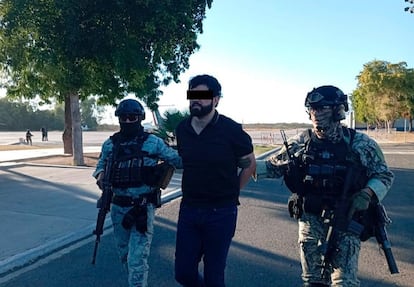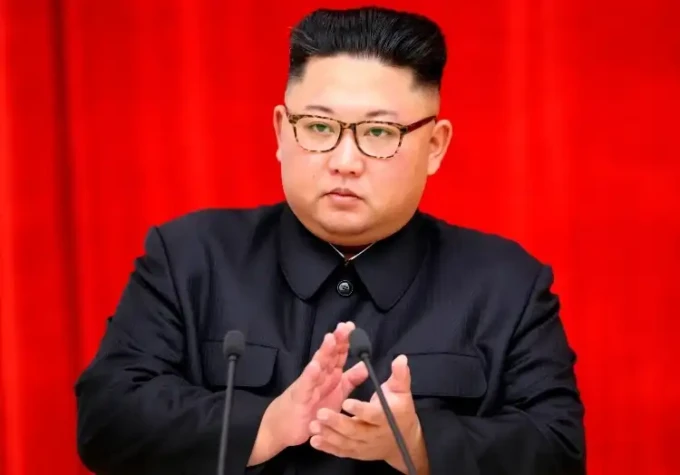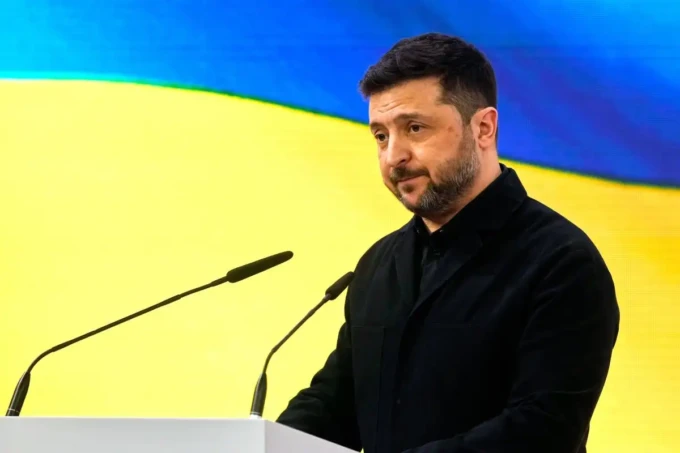In a significant move to combat transnational organized crime, Mexico has extradited 26 high-ranking cartel figures to the United States. This operation, announced on August 12, 2025, underscores the deepening security cooperation between the two nations.
The individuals transferred are associated with major drug trafficking organizations, including the Sinaloa Cartel, Cártel de Jalisco Nueva Generación (CJNG), and Los Zetas.
Among those extradited is Abigael González Valencia, known as “El Cuini,” a prominent leader of the Los Cuinis cartel, which is linked to the CJNG.
Another notable figure is Servando Gómez Martínez, alias “La Tuta,” the former leader of the Knights Templar cartel. These individuals face serious charges, including narcotics smuggling, money laundering, and murder.
The extraditions were carried out following formal requests from the U.S. Department of Justice. In response, the U.S. government assured that the death penalty would not be sought for any of the accused, a concession that facilitated the transfer.
This agreement highlights the ongoing efforts to strengthen bilateral relations and enhance collaborative efforts against drug trafficking and organized crime.
This operation marks the second major extradition in recent months. In February 2025, Mexico transferred 29 individuals to the U.S., including Rafael Caro Quintero, a notorious drug lord implicated in the 1985 murder of DEA agent Kiki Camarena.
These actions reflect Mexico’s commitment to addressing the challenges posed by powerful drug cartels and their impact on both nations.
The U.S. Department of Justice has commended Mexico’s cooperation, emphasizing the shared goal of reducing cartel violence and drug trafficking. This collaborative effort is seen as a significant step toward dismantling the operations of these criminal organizations and enhancing regional security.
The extradition of these cartel leaders is expected to have a substantial impact on the operations of their respective organizations. By removing key figures from leadership positions, authorities aim to disrupt the command structures and logistical networks that facilitate the production and distribution of illicit drugs.
This strategy is part of a broader initiative to curb the flow of narcotics into the United States and address the associated public health crisis.
As the legal proceedings unfold, both Mexican and U.S. authorities are closely monitoring the situation. The outcomes of these cases are anticipated to influence future policies and strategies in the ongoing battle against drug trafficking and organized crime.
The extraditions also serve as a testament to the importance of international cooperation in addressing complex criminal activities that transcend national borders.
In summary, Mexico’s recent extradition of 26 cartel leaders to the United States represents a significant advancement in the collaborative efforts to combat drug trafficking and organized crime. This action underscores the commitment of both nations to dismantle criminal networks and enhance regional security, marking a pivotal moment in the ongoing struggle against transnational organized crime.












Wow, sending cartel leaders to the U.S.? Will this actually decrease drug trafficking, or just create more chaos elsewhere?
Do you think extraditing cartel leaders to the U.S. will really make a difference in Mexicos drug war? Lets discuss!
Is extradition the solution or just a quick fix? Can it truly dismantle cartels or is it merely shifting the problem elsewhere?
Wow, do you think sending cartel leaders to the U.S. will actually make a difference in the war on drugs? Curious to hear thoughts on this!
Wow, sending cartel leaders to the U.S.? Will this really make a dent in the drug trade or just create more chaos?